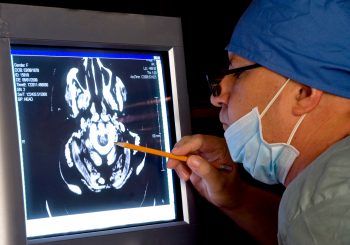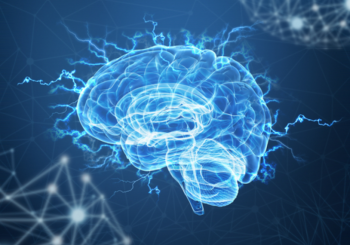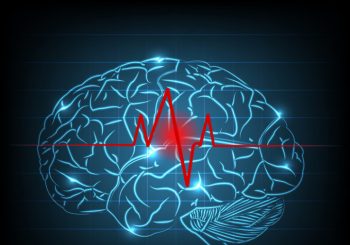
As the global population ages, the prevalence of dementia continues to rise, posing significant challenges for individuals and healthcare systems worldwide. In the quest to find effective preventive measures, researchers have uncovered a surprising ally in the form of language learning. Learning a second language has emerged as a powerful cognitive shield, offering not just the ability to communicate across cultures but also a defense against the onset and progression of dementia. Cognitive R...
Read More
Read More









